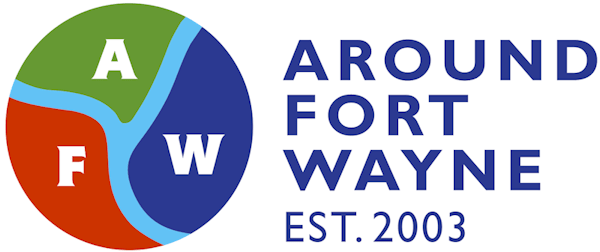![]()
News release from Artlink:
Amplify Art: Crosswalk Murals
(October 1, 2015) – Artlink is accepting donations for Downtown Crosswalk Murals, part of Arts United’s Amplify Art! grant program. The goal of this project is to bring more art to downtown Fort Wayne. Artlink has hired two artists, Adam Garland and Nate Utesch, who will receive a stipend to design two crosswalk murals that will be installed on the downtown Fort Wayne arts campus next summer. The expectation of the murals is to inspire more crosswalk mural projects throughout the city. Crosswalk murals will lend vibrancy to downtown Fort Wayne, while also increasing visibility for pedestrians.
Arts United has graciously donated $1,000 in seed funds toward the project and has announced they will match donations from the general public dollar for dollar up to $1,500, with support from the Knight Foundation. Donations can be made through the Arts United website (artsunited.org) and will be accepted until the end of October. The link for the donation website can also be found through Artlink’s Facebook and Twitter pages. Donations may also be made in person at Artlink.
Artlink’s gallery hours are Tuesday through Friday 10:00 a.m. to 5 p.m., Saturday noon to 6 p.m. and Sunday noon to 5 p.m. Auer Center is currently under construction and parking is available free across the street behind the Fort Wayne Museum of Art. Parking meters are free after hours and on weekends.
Artlink is a not-for-profit contemporary art gallery whose mission is to showcase artwork of the highest quality by diverse visual artists and to provide educational programming for artists and the community. Artlink is a funded partner of Arts United of Greater Fort Wayne. To learn more about Artlink, go to www.artlinkfw.com which also connects to their Facebook page and Twitter feed.
WHAT: Amplify Art! Crosswalk Murals
WHERE: Artlink, Auer Center for Arts & Culture, 300 E. Main Street, Fort Wayne
WHEN: Last day to donate, October 30, 2015
COST: Donations
GALLERY HRS: Tues-Fri 10:00 a.m. to 5 p.m., Saturday noon to 6 p.m., Sunday noon to 5 p.m.


